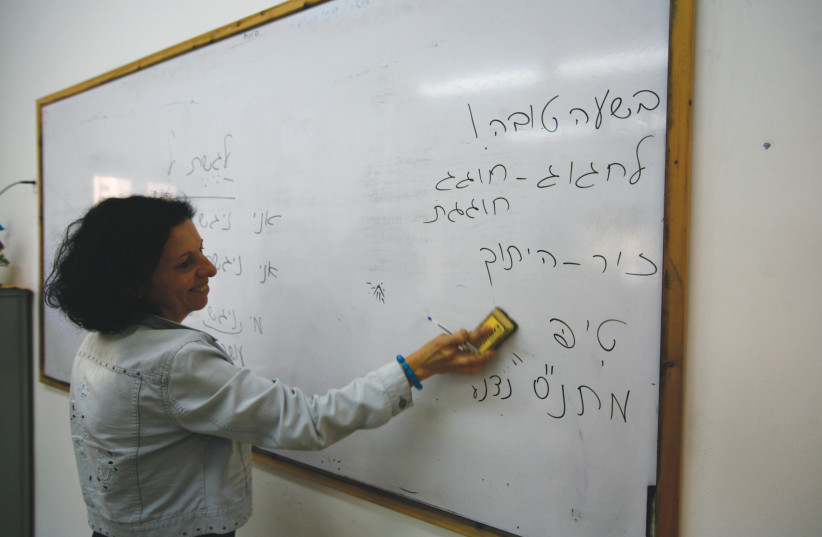A recent op-ed in the New York Times has stirred controversy by suggesting that the Hebrew language "symbolizes far-right Israeli militarism." This provocative assertion ignited a significant response online.
The piece, penned by Ilan Stavans — a consultant to the Oxford English Dictionary and co-editor of “How Yiddish Changed America and How America Changed Yiddish” — states, “Hebrew, officially recognized as the national language of Israel in 1948, is spoken by approximately nine million people globally. To some, however, this language represents far-right Israeli militarism."
Stavans' essay, entitled "Yiddish Is Having a Moment," delves into the historical trajectory and modern-day revival of Yiddish. Once on the brink of extinction, the Yiddish language is now undergoing a renaissance, propelled by online courses and translations of previously overlooked literary works.
Within the op-ed, Stavans highlights Yiddish's historical importance, its speakers, and its depiction in mainstream media. He also discusses his personal relationship with the language and its intricate ties to Jewish diaspora, Zionism, and secularism.

Foreign Ministry calls assertion 'Fakakta Meshuggeneh'
Israel's official X (formerly Twitter) account reacted strongly to the article, posting, “There aren't enough words in the English language to describe how absurd this New York Times piece is.” The tweet added humorously, “Good thing we have both Hebrew AND Yiddish. Fakakta [not working well] Meshuggeneh [crazy person].” They concluded with the Hebrew word 'maguchach', translating to 'ridiculous.'
Ambassador David Saranga, who heads the Digital Diplomacy Bureau at the Israeli Foreign Ministry, chimed in, stating, “Yiddish, a language without a physical address and once nearing extinction, showcases an unyielding will to live. The message is clear: Survival stems from sheer persistence."
